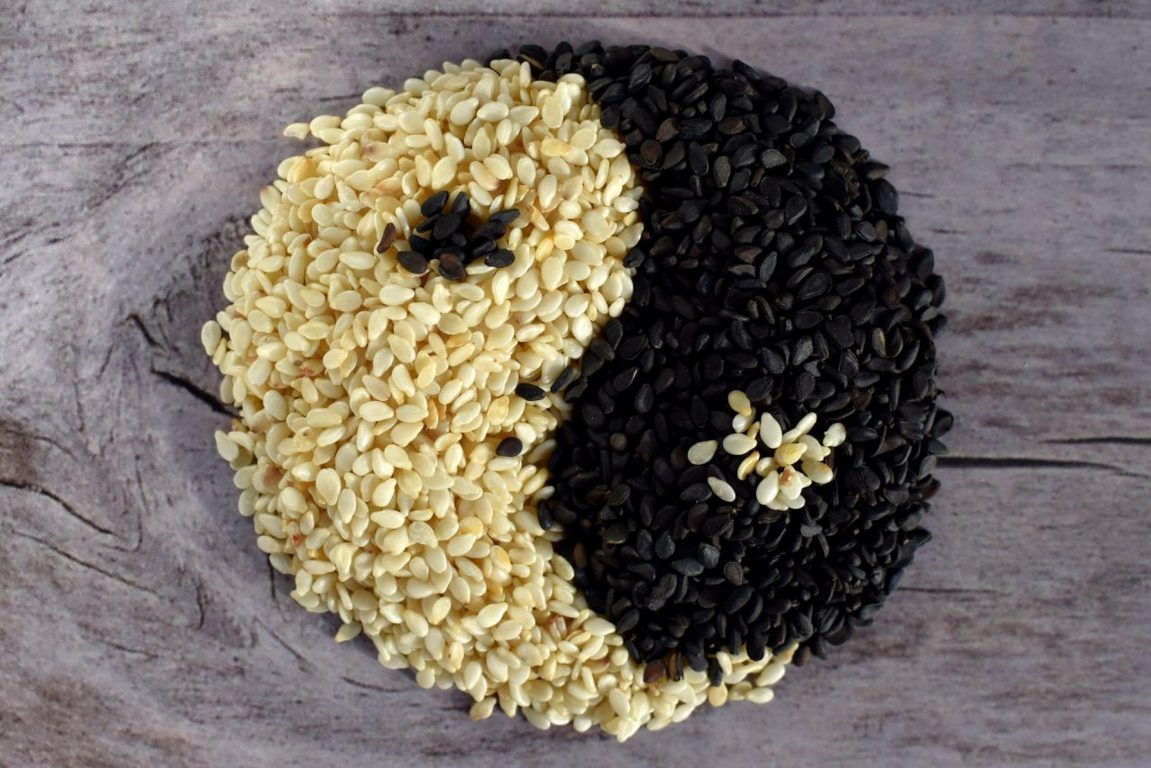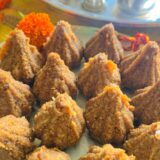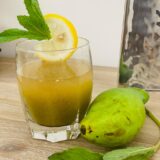
Sesame seeds popularly known as Gingelly seeds or Til in India are one of the most ancient seeds, native to Asia and East Africa. They are flat, little teardrop-shaped seeds available in white, yellow, brown and black colour. They have a nutty flavour and a wonderful aroma when lightly roasted.
Tiny sesame seeds are loaded with big benefits of protein, copper, magnesium, calcium, and phosphorous, iron, zinc, fibre, certain B vitamins, vitamin E, phytosterols (B-sitosterol) and unique lignans (sesamin and sesamolin). They are calorie dense and are classified as oilseeds.
Health Benefits:
- Sesame seeds have liberal amounts of all vital vitamins and minerals required for bone health.
- Sesame seeds help in the prevention and treatment of hypertension.
- They help fight oxidative stress thereby delay-ageing process and promote skin and hair health.
- They lower the risk of cancer and regulate blood sugar levels in diabetics.
- They help to decrease bad LDL Cholesterol and increase good HDL Cholesterol thereby keeping heart disorders at bay.
- Sesame seeds are also beneficial to treat digestive disorders.
Sesame seeds are used worldwide in different culinary purposes but usually spotted only as toppings over bakery items and desserts.
Sesame seeds are widely used as sprinklers in salads, smoothies and yoghurt, as coverings like in sushi, cakes and other bakery items. Sesame seeds are used in various cuisines; like Gomashio in Japanese cuisine, Tahini (Sesame paste) for making hummus in Middle Eastern cuisine. In India, Sesame seeds are used to make a sweet delicacy often mixed with other nuts and jaggery, added to a lot of curries and tempering. Sesame seeds are used to make oil, which is commonly used for cooking in tropical countries.
So let these tiny seeds benefit your health and make a perfect impression on your daily nutrient profile.
Click on the link below for CURO recipes:



